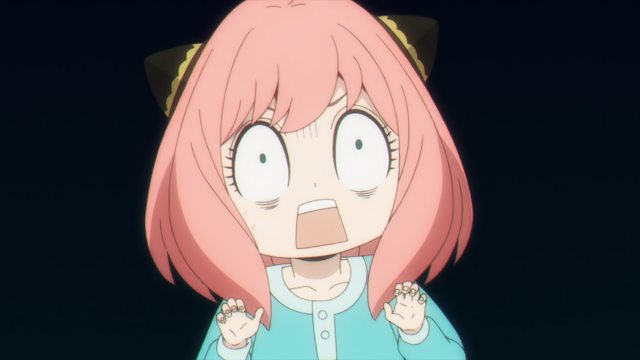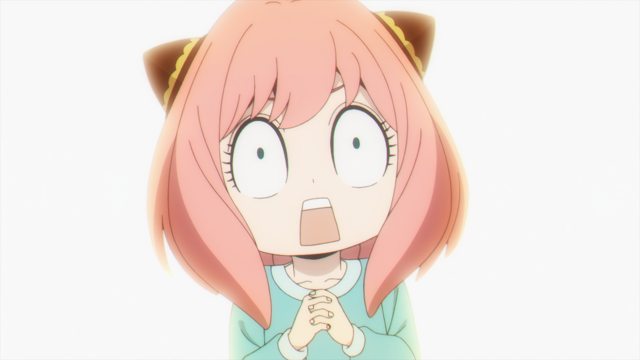FEEEBOOSSSS LUUUUDAAASEEHHHHH
After finishing Final Fantasy VII Rebirth I was in the mood to play another game in the franchise. I was initially going to start Dissidia Final Fantasy NT because why not, but I figured I may get spoiled on some bits since its basically protagonist vs antagonist for each game, and therefore I changed my plans and went with Final Fantasy VIII Remastered because not only is this a mainline instalment in the franchise that I had yet to play, it's also one that I know very little about outside of the game's opening music Liberi Fatali and characters Squall, Seifer and Selphie appearing in the Kingdom Hearts franchise.
What made me look forward to playing Final Fantasy VIII is that it's one of the traditional RPG games in the franchise and I wanted a classic JRPG style combat that recaptured the same feeling I had with Final Fantasy VII classic and Final Fantasy X. And let me tell you this - Final Fantasy VIII had the biggest whiplash of gameplay that I ever had for the genre, and if you are not made aware of how the game's mechanics work you are going to experience a whole level of suffering.
So what do I mean by all of this? For some strange reason in the minds of Squaresoft back in the day, they had decided to modify the mechanics so that whenever you level up a character, you also increase the difficulty of the game. That's right, the concept of levelling up to get stronger in this game basically translates to wanting to fight the battles on the hardest difficulty. Levelling up in this game is a death sentence.
To counter the levelling up problem it's best to talk about this game's main system called the Junction, which is still liked by a lot of people to this date as it's unique to this game. Junction is this game's take on the Materia idea that Final Fantasy VII had, where you can customise each character's abilities with various magic spells and add-ons. This system is rather complicated at first and while the game does its best to explain everything, it was rather overwhelming to understand. I literally had to watch a YouTube video to learn more about the mechanics. Now I did understand the premise beforehand, but the game's tutorials showed off aspects that you wouldn't technically have access to immediately which made it rather confusing to start with. Basically a YouTube video with more context provided more sense to me on how it all works.
To explain it from my perspective, here's what it is. Junction has a few things involved in the system that make the experience come together and they are the Draw command, the Guardian Forces and also the preparations on setting up your characters. The Draw command is what you can use during combat, and it somewhat replaces the MP system in a way, where you can take magic spells from your enemies and not only keep them but also use it against them if needed. This can be Fire, Dispel, Meteor and many more. You can keep up to 100 amounts of each spell and the more stocked you are, the better for both combat and your prep on each character. These spells are key to "levelling" your health, strength and defences.
But in order to level up your stats correctly, you need a Guardian Force which is this game's equivalent to summons. There's over a dozen of them in the game, many of which you will have to find yourselves through the use of the Draw command against specific boss battles and other ways during side content. Guardian Forces are there to provide you access to stats for your character but also skills, which can range from adding a good percentage of additional Strength or Health (and many others) to your character, and also abilities to convert items into other spells. The more GF you have and the right combination slotted to each character, the better equipped your team is during the latter portions of the game. You can also pass the GF and magic between each character which is great for customisation and balancing during specific portions of the game, as you will have to switch characters a lot (and you can use the Switch command to make it easier to transfer at ease).
With Drawing magic and adding Guardian Forces to your character, the next step to levelling is prep. You want to make use of the spells you draw, especially at a maximum amount of 100 (like for instance 100 Curagas, 100 Regens, 100 Meteor, 100 Full-Life etc), to improve your character's skills. The skill slots available are HP, Strength, Vitality, Magic, Spirit as well as Speed, Evasion, Hit and Luck. There's also Elemental and Strength/Defence abilities available to help reduce damage against elemental and buffer attacks and use against enemies in combat. There are guides available online to pick and choose which spell you want to slot to each type and when you do it correctly, you can be overpowered and have high level of health very early on in the game.
Also included with the command list, is Card. Card is the key to surviving enemy encounters without levelling your character too much. It basically captures your enemy and turns them into a card that you can use in a rather addictive mini-game called Triple Triad which I wouldn't say is the same as Final Fantasy VII Rebirth's Queen's Blood but it is one that you do wish was available as a standalone game in a way. Now the difference between Queen's Blood and Triple Triad are the game rules that are not only often randomised but losing a game can mean you lose one or more of your cards (compared to the former where losing doesn't punish you in that regard).
Triple Triad is presented on a 3 x 3 grid, and the way it works is there are four numbers on each of your cards, one to represent each corner (top, down, left, right). If your card has 9 for the left side of your card, and the enemy has anything below 9 on the right side of their card, the colour of their card will become yours and adds a point to your score. The goal of Triple Triad is to secure the most points. If the card's number is identical to theirs when you or the opponent places it down, no points are given. Triple Triad is optional but you can take advantage of this mini-game by securing so many cards that can be converted into items and magic using a Guardian Force's Card Mod ability. This ability is key to overpowering your team throughout the journey.
During combat you will be provided with both EXP and AP. EXP goes to levelling up your character (and also making the game harder) while AP goes to your Guardian Force to unlock more abilities and stats. You can choose which skill your GF should learn which is great. Using the Card command will not provide you with EXP but will still offer AP. Boss battles will also not give you any EXP so you don't have to worry about those.
Now I have spent way too much explaining this whole mechanic and whatnot, but it just goes to show how complicated the developers have made Final Fantasy VIII and it's also why its such a unique instalment because it's never been used ever again. To my knowledge Final Fantasy IX went back to basics with the HP, MP and AP system. Chances are the mixed reception of this game is why they reverted back for the next instalment especially given Final Fantasy VII was their biggest hit and they probably didn't want to risk the momentum. Final Fantasy VIII still did well in terms of reviews and sales, but it's not as universally liked compared to its predecessor.
And the same can be said with its characters and storyline because it's a strange one to say the least. The story can basically be summarised by an introverted Squall meeting a female rebel called Rinoa who he slowly starts to open up to whilst also dealing with his rival Seifer and a sorceress named Edea who wants to dominate the world. The story is not really memorable in a way and it feels like they threw in ideas from time to time but I suppose its all about the journey. That said, the game gets pretty wild with its direction but I'm not going to spoil any of that, though I will say the final act has some great ideas and visually stunning graphics.
Speaking of the graphics, the game does a really awesome job with its CG cutscenes and transitions between CG animation and character models because it blends really well. I know its jarring on the Remastered version because the CG hasn't been remastered properly but I can definitely see this revolutionising the gaming industry back in the way and wowing a lot of players. The character models do look pretty good with this remaster too. The music is also very well done with Liberi Fatali and The Man with the Machine Gun both being iconic tunes that have been included in various music events and video games.
In terms of my playtime, I spent 3 hours in my initial playthrough before restarting from scratch because I underestimated the difficulty that was going to be in the way. I then spent an additional 3 hours getting prepped by using the Triple Triad mini-game to secure cards that I would convert into high amounts of magic and allowing me to upgrade my characters to strong stats. Then the rest of the game, with the support of 3x speed and turning off random encounters, took me 31 hours in total from start to finish with some extra spell grinding here and there. I was able to secure most of the Guardian Force with a few that I passed on due to high difficulty or missed opportunities.
Final Fantasy VIII is an experience that I won't forget. While it's definitely not my favourite in the franchise, I do admire Squaresoft for experimenting with this concept and its got some highs and lows throughout. Though I will say I did have to use a guide for specific parts to know that I wasn't screwing myself over due to the artificial difficulty and Junction concepts but it's not a bad game at all. I do recommend people give this game a try, especially if you love a challenge for a JRPG that isn't your usual leveling up to get stronger approach. Final Fantasy VIII Remastered is available to play on PlayStation 4, Xbox One, Nintendo Switch and PC with a physical version available for PS4 in Europe and Nintendo Switch in both Europe & Asia bundled with Final Fantasy VII classic.
And to just reiterate - Liberi Fatali goes way harder than it should for an opening tune and I actually prefer it over One-Winged Angel.




